R·I·P· Reborn In Power
In feminine key
AN AESTHETIC OF THE INVISIBLE
(...) “We are immersed in a world that is so much bigger than the extents of our visual perception”, says Torrent Pagès. “I’m interested in making what isn’t visible, visible”
(...) Methacrylate is a fundamentally important discovery in his conquest of this new ethereal materiality, and three-dimensionality. His search for a transparency that permits us to see further, or even right through, is literal, in Clara (2024). The RYB pigment-based colour model gives way to the light-based (RGB) colour model seen through the format of images in movement, crossing a spherical mass of glass.
Although this might be inferred to be a fundamental pillar of his research as an artist, it must be said that Torrent Pagès is never the same thing twice, and constantly being reborn. The R.I.P. of the show’s title refers to “Reborn in Power”. The reference to death is unavoidable, but not to death as that taboo theme that we dread so much, but rather like some sort of daily occurrence we observe around us, and that we experience every time we get into bed, every time we leave something behind to open up something new. Death is like change or transmutation, like a continual rebirth. A rebirth which, as specified in the subtitle, is in a “feminine key”.
The artist refers to “feminine energy” as an archetype, and part of a connected pair of energies which manifest in everything and in every individual, independently of one’s gender. He sees it as expressed through qualities such as intuition, emotion, nutrition, receptiveness, creativity, compassion, or empathy; opposite numbers of traits traditionally associated with virility.
Germina Bastardas
Art Historian
Fragment of the exhibition catalogue
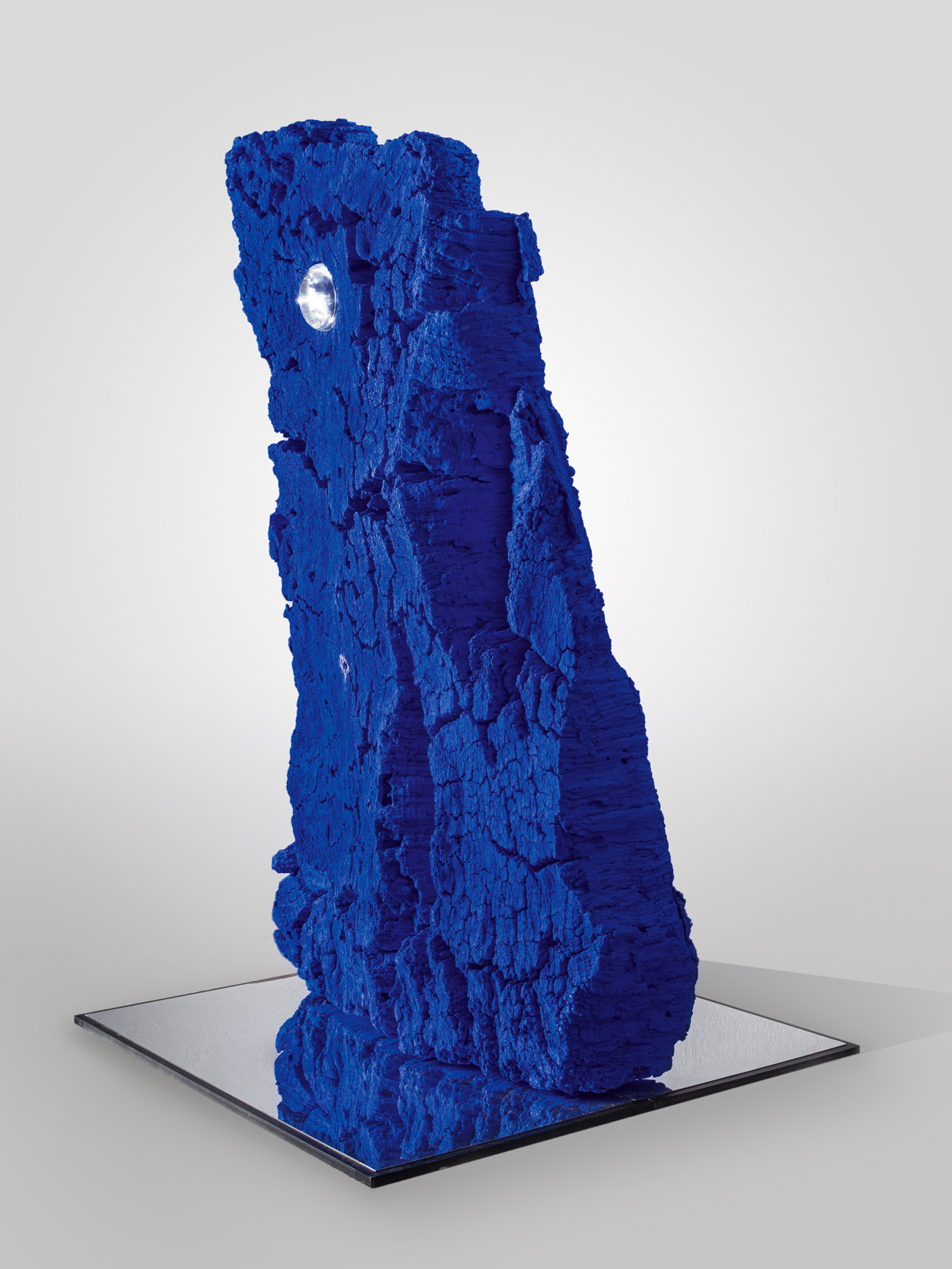
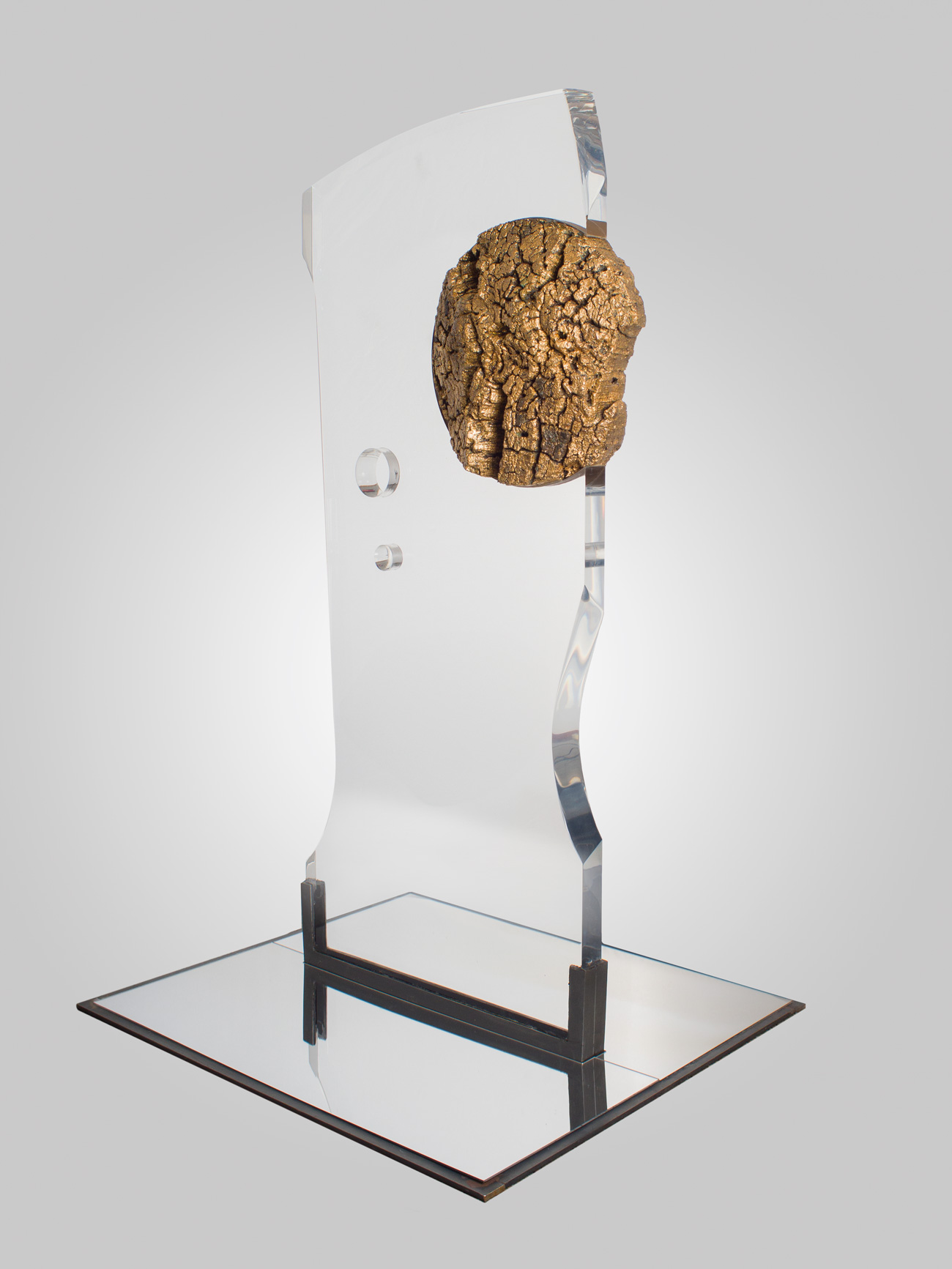
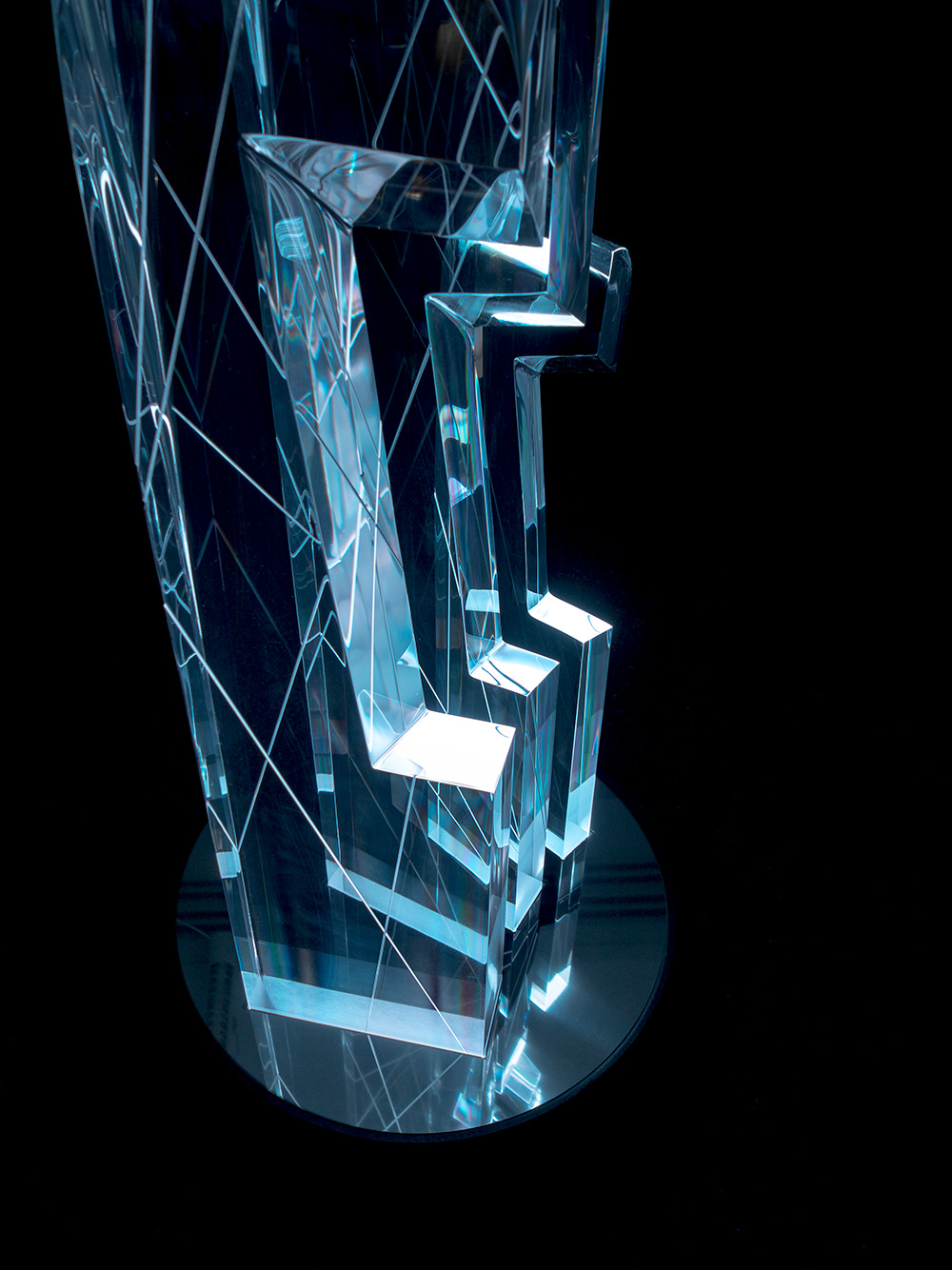

Intimate and expansive expressiveness, of works that go beyond their limits.
Paths that define a soul that decodes and gives form to the unfathomable with the purpose of integrating it into our reality.
Lluís Marrasé i Meler, journalist and cultural activist
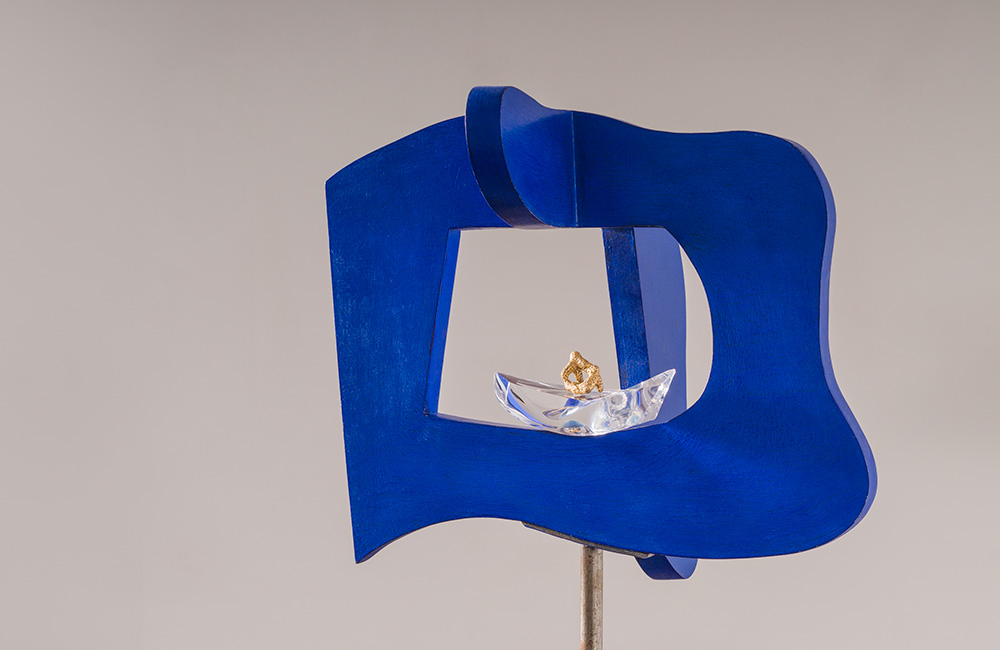
(...) Torrent Pagès isn’t advocating, obviously, for a dominance of femininity, but rather vindicating its position within the “polarity”, which might recover the equilibrium in a society which he considers to be out of balance and overly drawn to the opposite pole. He asserts this equilibrium is key to a better future, or in short, any future. This is about opening our consciences, as he knows: through art, in creative, constructive ways, and not through generating new conflicts as he observes can happen in other sectors, such as activism.
(...) But this vindication of Torrent Pagès isn’t only thematic, but infused throughout his way of understanding art.
In effect, we find ourselves looking at speculative art, which is asking questions that are also formulated in other fields or disciplines. The difference is that it doesn’t do so through the reasoning or argumentative discourse (logos) ?associated with masculine energy? but rather from aesthetics ?aisthesis, which is translated as sensitivity, experience or direct perception?, and where these things clash with the limits of reasoning, as Eudald Camps rights about the artist, “the advantage art has is the potential to instantly express ?or make visible? questions of a metaphysical, philosophical, political or spiritual order, among others, which almost always resist being considered in a direct manner, through conventional discourse.” Contrary to the desire for intellectual conquest associated with the sciences, Torrent Pagès doesn’t intend to solve the mystery, but rather to evoke it, creating a space for it to manifest itself in all its complexity.
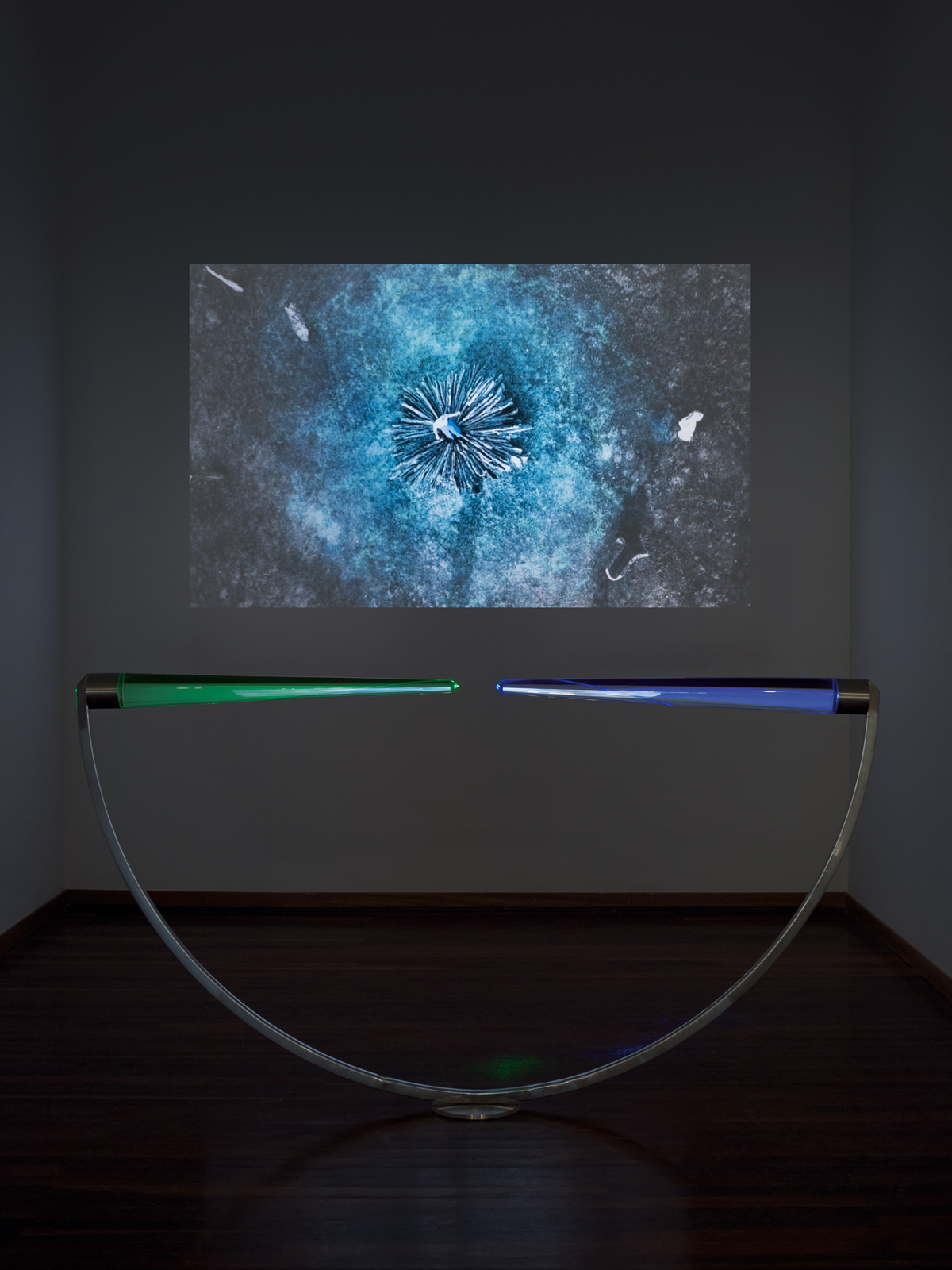
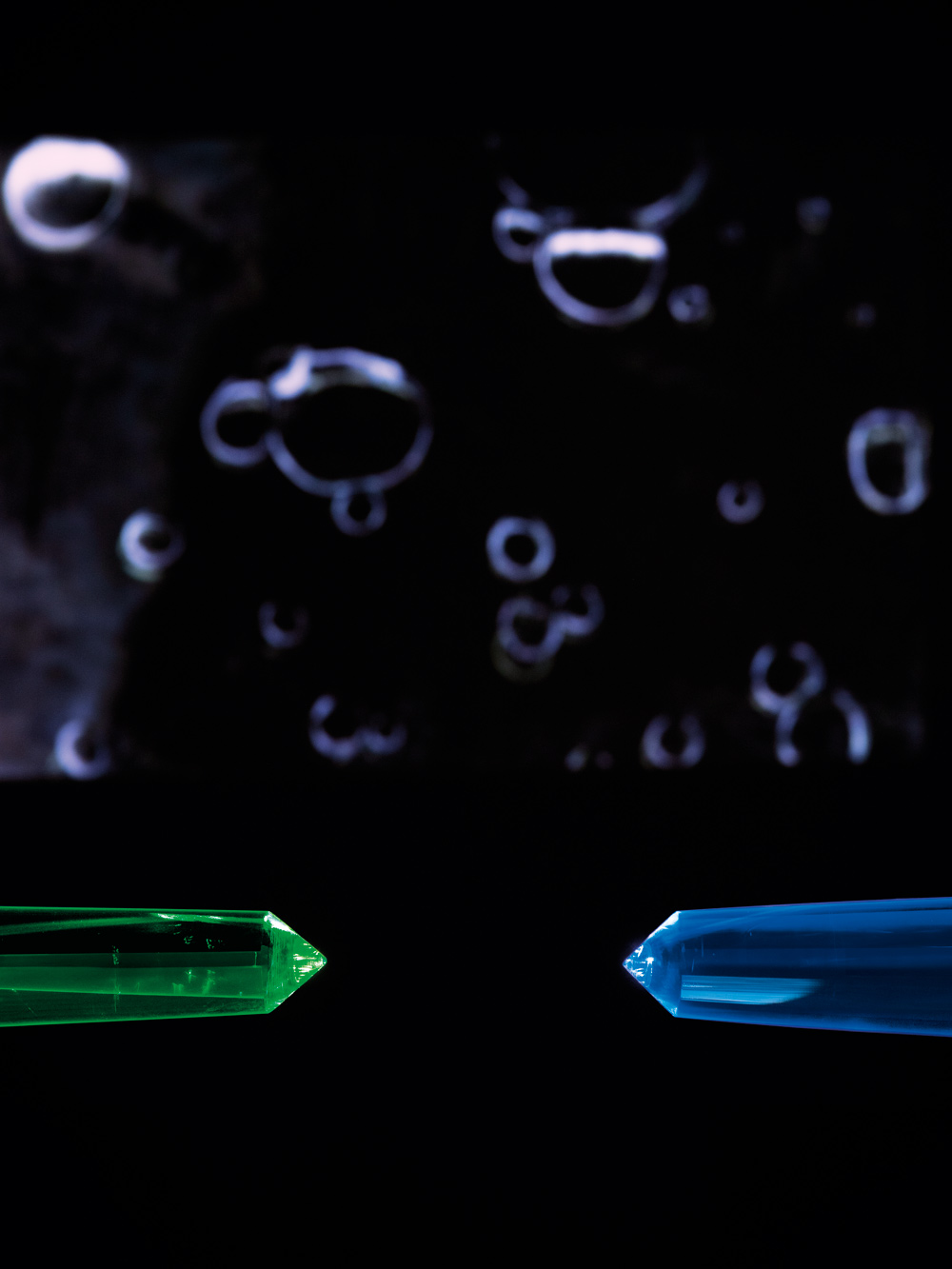
© Photos: Sergi Batlle
© Videos: TV3 and Clara Peix


















